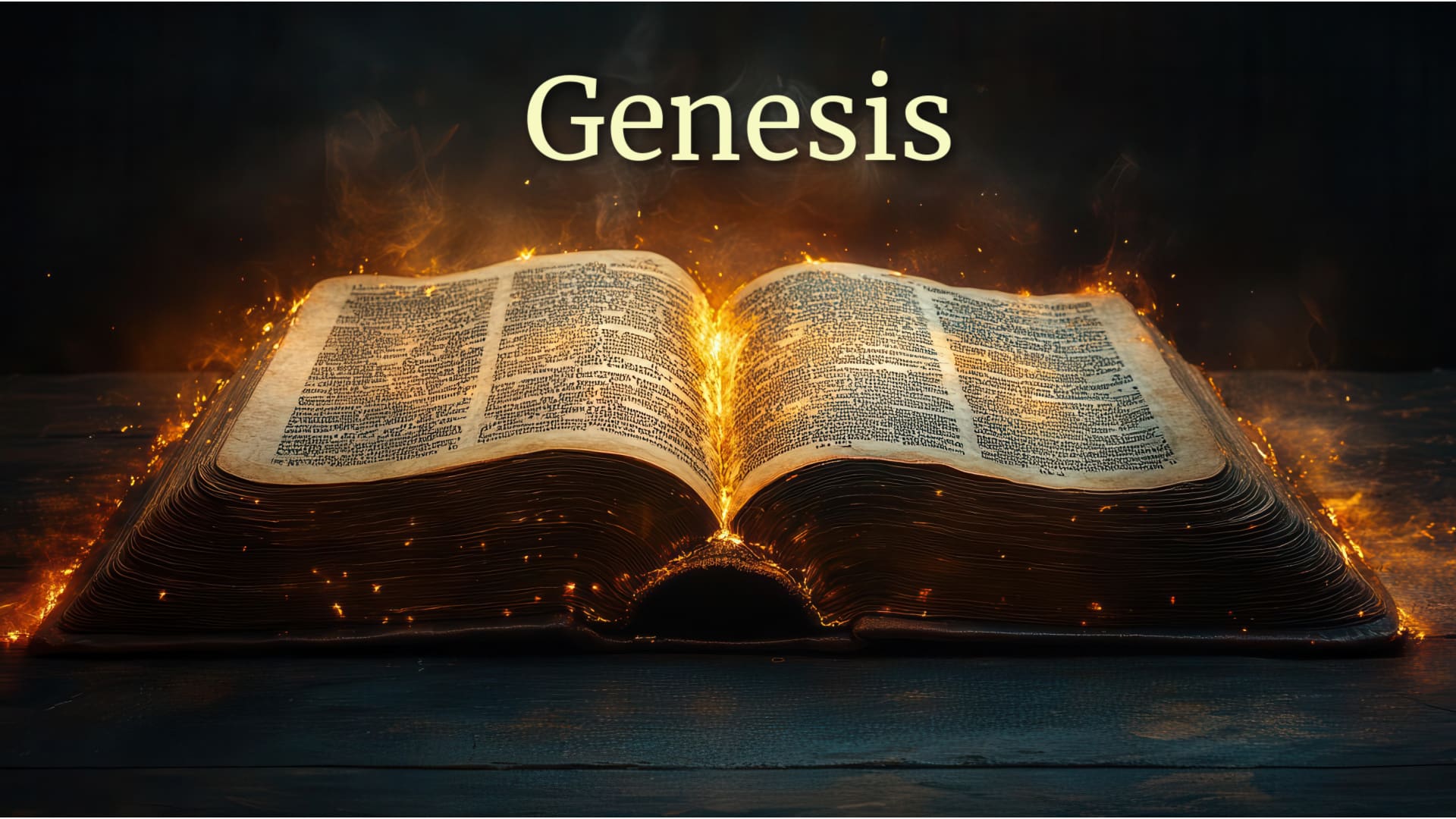
Day Seven: The Great Enthronement of God in His Cosmic Temple: Genesis 2:2
And on the seventh day, God finished his work which he had done, and He rested on the seventh day from all His work which He had done.
On modern ears, the idea of God “resting” on the seventh day is completely lost. It brings up the absurd dilemma of why God would need “rest” in the first place. Moreover, since we moderns think of creation in material terms, this last day simply doesn’t follow the first six days, for it does nothing at all to bring to a conclusion the creation of the material world. For many, the seventh day seems to be a quaint idea that no longer has any real relevance.
Actually, the seventh day is the great climax of creation as creation was originally understood. Again, to the ancient, what really mattered was the purpose and function of creation. This great cosmic edifice built in 6 days is God’s temple. On the seventh day God, who fills all things and absolutely transcends everything, takes His place in His temple to commune with humanity made in His image. He is not “tired,” but enthroned and received by man and nature as the great source of all life and glory. “Rest” has nothing to do with inactivity; it has everything to do with completion and fulfillment of purpose. The best place to see this is in Psalm 132:7-8, 13-14. Here we find the “Song of the Ark” sung by the Israelites when going to the Tabernacle or Temple, which to the ancient Hebrew was a microcosm of the universe made in 6 days:
“Let us go to his dwelling place; let us worship at his footstool! Arise, O Lord, and go to your resting place, you and the arc of your might … For the Lord has chosen Zion; he has desired it for his habitation: This is my resting place for ever; here I will dwell, for I have desired it.”
These verses place together the ideas of rest, temple, and enthronement (so Walton). Human kings rule from palaces; God reigns from His Temple. Day seven is all about the divine King taking His rightful place in creation at its completion. Rest is a functional idea; God is enthroned to rule. However, He does not choose to rule in complete transcendent isolation. He reigns from without (outside of creation) as well as from within (as the immanent source of life), but also through humanity created to rule as we discussed in the last post. God shares His creative power to shape and form with mankind. We might say that humans are “co-regents” with God, for by sharing His very image, man was made to rule. Man must rule, however, in conformity to the will of the Creator-King, and according to parameters and boundaries set at creation.
The seventh day, therefore, was the pristine moment in creation when everything worked in harmony. Harmony is perhaps another way of understanding the Hebrew idea of “rest.” Everything fulfills its function as it was intended. The seventh day is the climax of the movement from chaos (Gen. 1:2) to the order (Gen. 1:3-31) to rest (Gen. 2:1-3). Soon we shall see that the harmony of the seventh day is disrupted, and a reverse pattern develops from rest, to disorder, and finally back to chaos. God reverses this pattern by re-instituting the seventh day of the week as a day “rest” for the Hebrews. On this day they ceased from the toil caused by the fall and experienced life (preferably in the tabernacle/temple) as it was intended to be experienced.
Hence the movement of the Hebrew week looking forward to the seventh day in harmony with God parallels the divine liturgy of the seven days of creation.
0 Comments